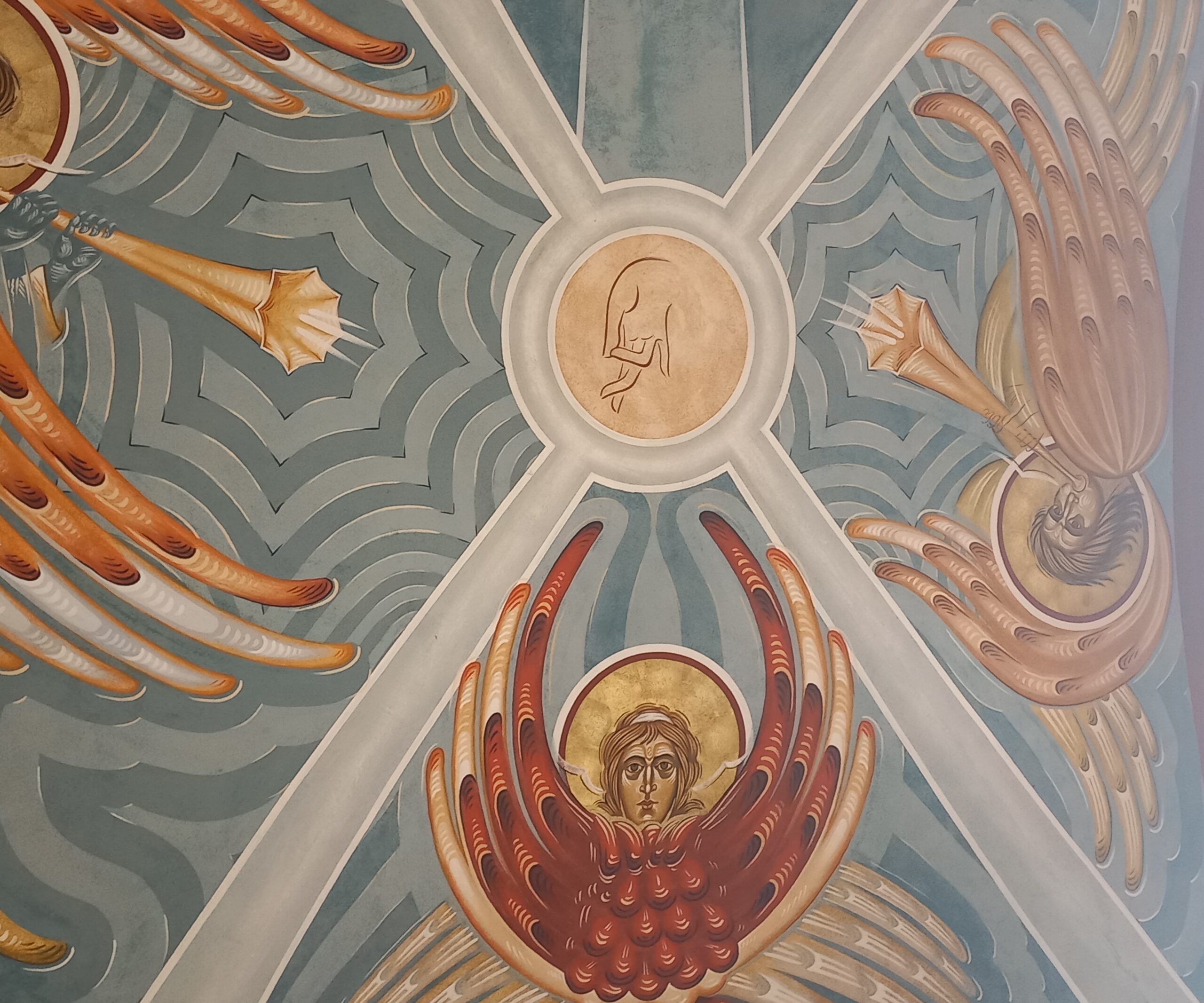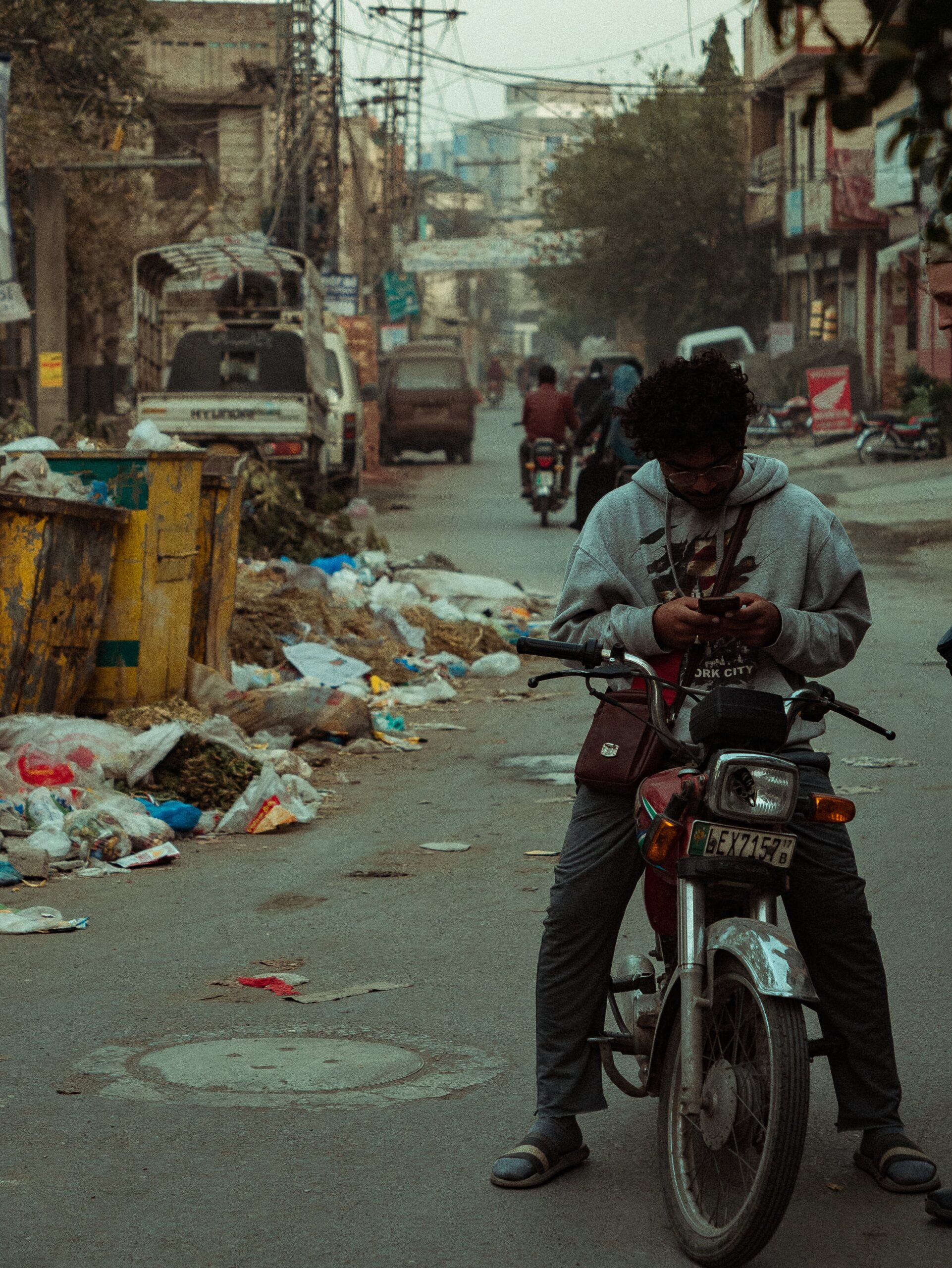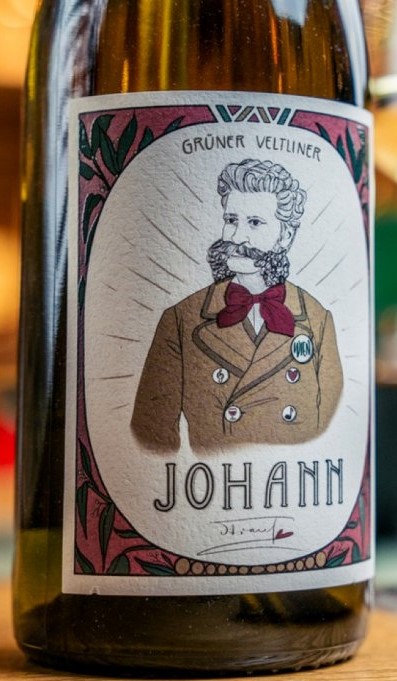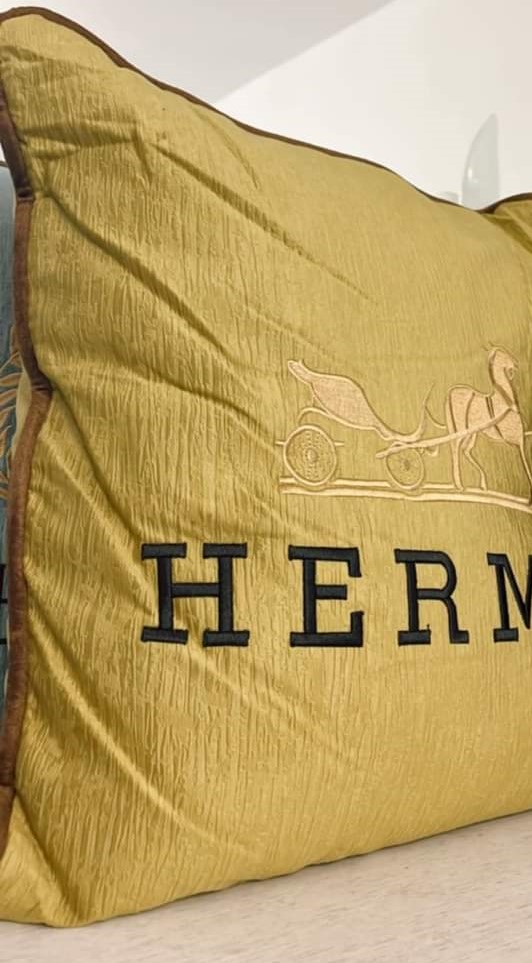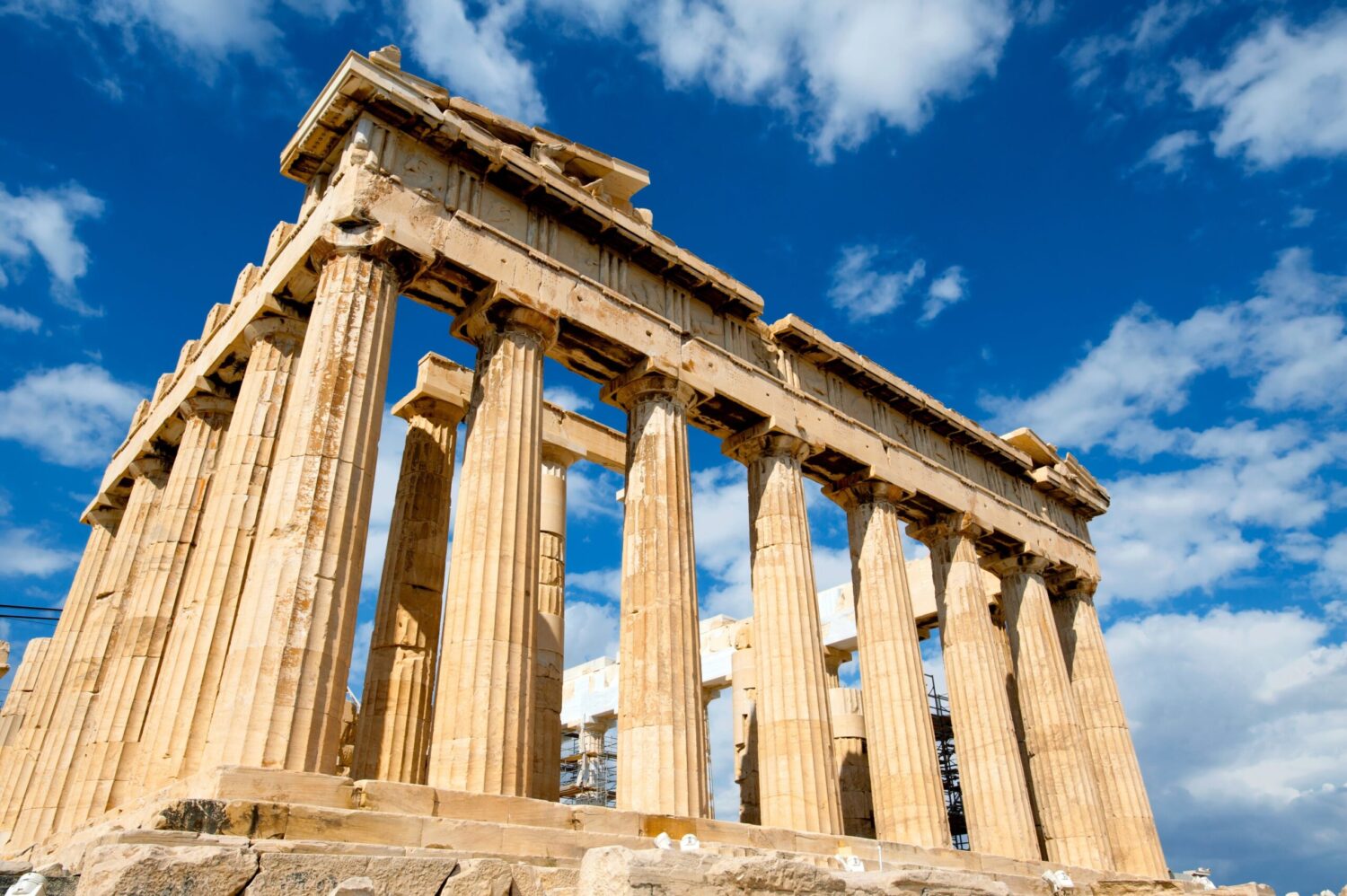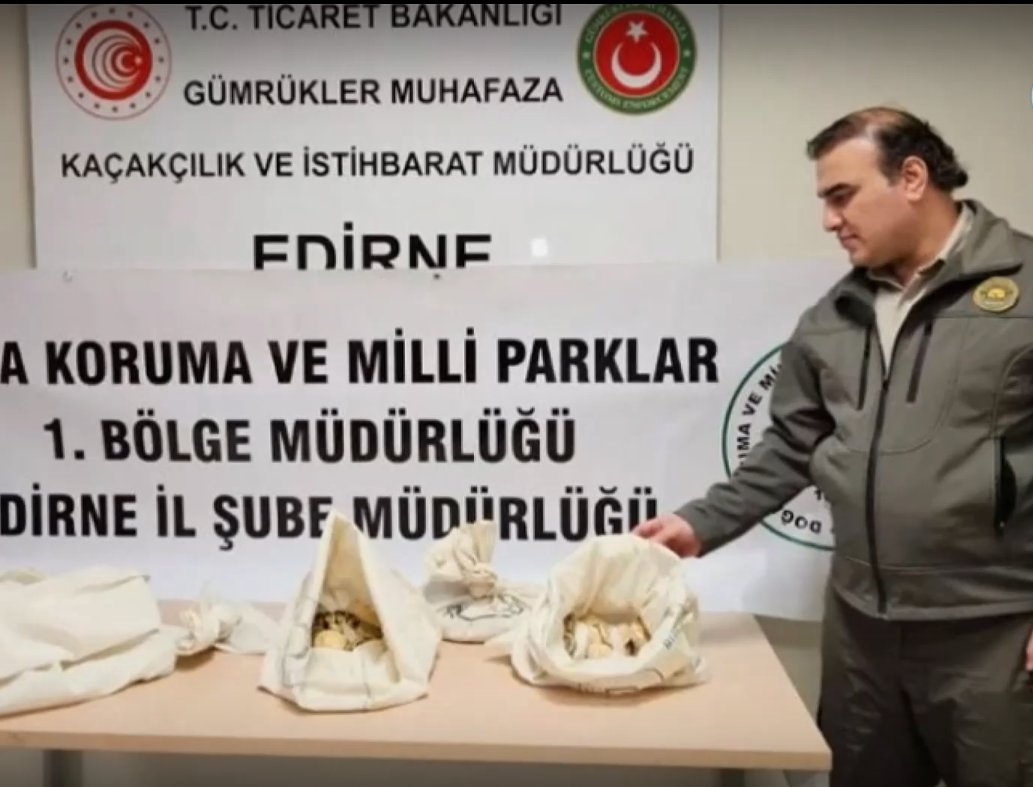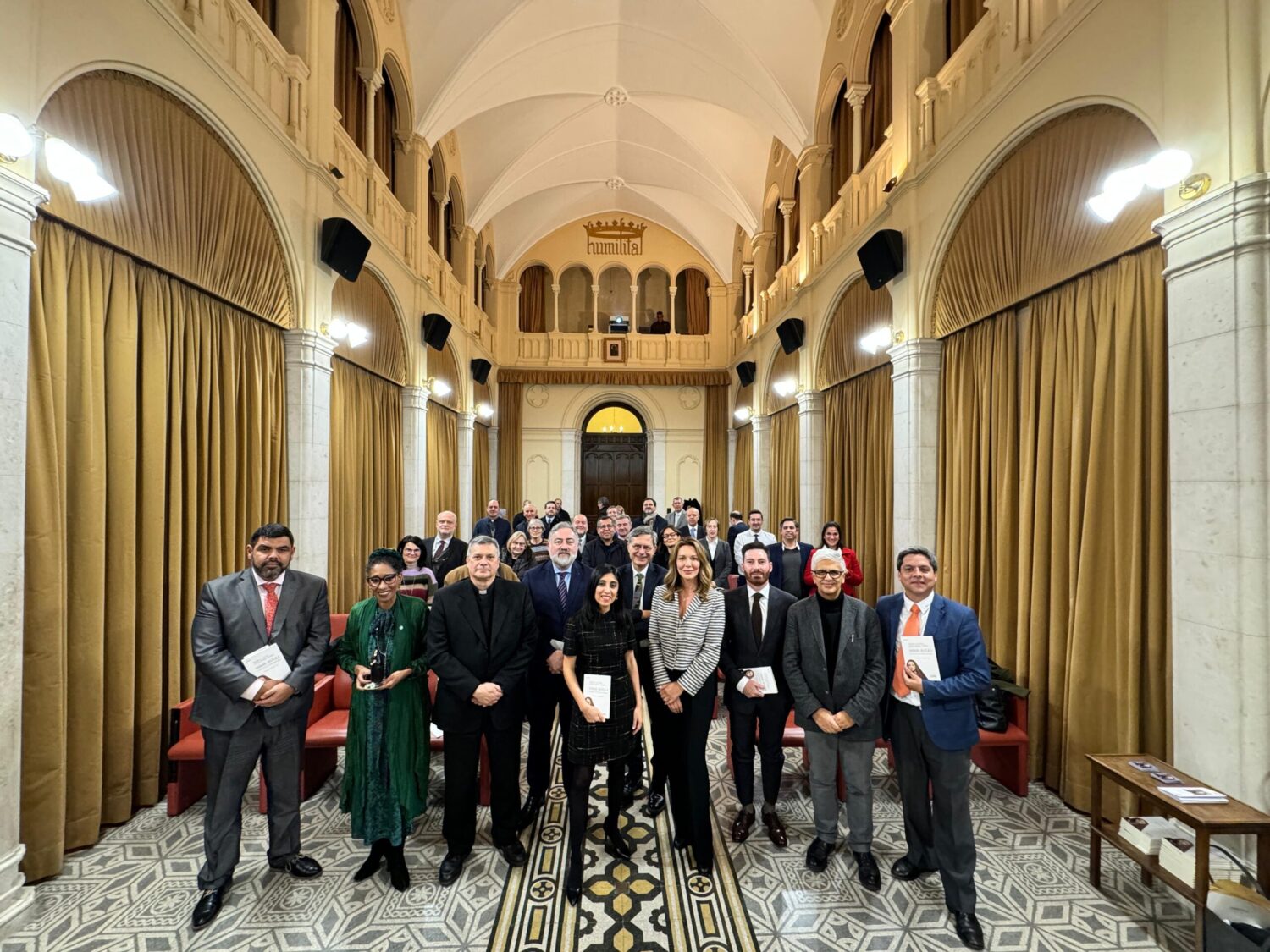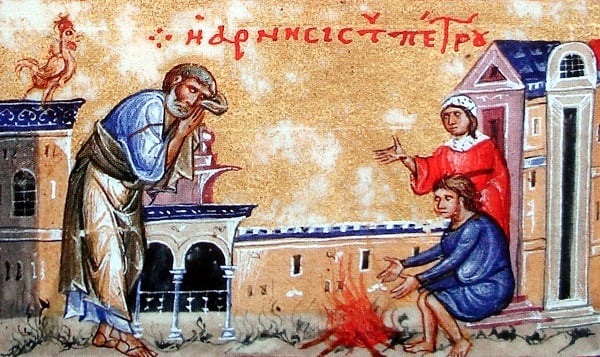Two Orthodox television stations and a private Orthodox military company are included in the 12th package of sanctions of the European Union
Two Russian television channels broadcasting “Orthodox content” are included in the latest 12th package of sanctions of the European Union, adopted on December 18 of this year, as fueling Russian aggression against Ukraine. These are the TV channel of the Russian Orthodox Church “Spas” and the TV channel “Tsargrad” of the so-called Orthodox oligarch K. Malofeev.
In addition to them, the list also includes the Andreevsky Cross Private Military Company (PMC), which is said to be a Russian private military company involved in Russia’s military actions in Ukraine and established by the Russian Orthodox Church in 2017. was established to prepare mobilized men for military action. “Since then, it has offered tactical training to Russian fighters engaged in Russia’s war of aggression against Ukraine.” After the fighters complete the tactical training offered by the St. Andrew’s Cross PMC, they sign contracts with the Russian Defense Ministry or the Wagner Group, the ruling said.
Regarding the two TV stations, the ruling said that the official church channel Spas was spreading “pro-Kremlin propaganda and disinformation about Russia’s aggressive war against Ukraine.” It also promotes the violation of the territorial integrity of other countries, the sovereignty and independence of Ukraine.
“Spas” is the first public federal channel, conceived as a missionary project of the Russian Orthodox Church and broadcasting only “Orthodox content”. It was included in the list of sanctions of the European Union, respectively banned from broadcasting on the territory of European countries, because of providing a religious justification for the war against Ukraine, which has been the main topic of television for the last two years.
“Spas” was established in 2005 by the Russian Orthodox Church and is financially supported by the government. It broadcasts all services, events and sermons of the Moscow Patriarch Kirill, films and journalistic shows. Since the beginning of the Russian war against Ukraine, his main guests have been propagandists of the Putin regime, whose task it is to present this war as a battle for Orthodoxy.
In addition to Spas, the Tsargrad TV channel of the so-called “Orthodox oligarch” K. Malofeev, who financially supported the pro-Russian separatists in Donbas, is also included in the sanctions list. The sanctions were imposed because Tsargrad “spreads disinformation and Russian propaganda about the war in Ukraine, supports nationalist narratives and justifies the occupation of Ukrainian territories and the removal of Ukrainian children.”
Companies associated with the “Orthodox oligarch” Malofeev received about 20 billion rubles before Russia’s full-scale invasion of Ukraine
The decision notes that the two TV stations support Russian military actions in Ukraine and materially.
Back in August, the Current Time (Nastoyashtee Vremya) TV channel reported that the Russian TV channel Tsargrad was blocked in Kazakhstan due to the propaganda of extremism. The Russian propaganda TV channel Tsargrad, owned by oligarch Konstantin Malofeev, was blocked in Kazakhstan. This was reported by Masa.media with reference to the Ministry of Information and Social Development of the republic. The decision to block Tsargrad was made after four warnings about extremist propaganda issued to the channel for publications with the headlines “Kazakh nationalists are terrorizing Russian women on the eve of Victory Day,” “Mambet, who drove the Russians out of Kazakhstan, apologized on camera,” and “Cossack stripes.” discord: in Kazakhstan they want to bring the Russians to their knees?
The Kaz Blocking Tracker service, which monitors the restriction of access to various sites in Kazakhstan, confirmed that at the moment the web resource of the Russian TV channel, located on tsargrad.tv and kz.tsargrad.tv, is completely blocked in the country.
According to Roskomsvoboda, in July 2020, YouTube blocked the Tsargrad channel without the possibility of restoration due to violation of export laws. In 2022, sanctions were introduced against the TV channel as a resource that promotes Kremlin propaganda and justifies Russian aggression against Ukraine.
Russian businessman Konstantin Malofeev, founder of Tsargrad, is also on the sanctions lists of the European Union, the United States and other countries. He has been on the international wanted list for more than six years for financing the so-called “DPR” and volunteer detachments fighting on the side of Russia in Ukraine.
Note: Editorial team created by RFE/RL with the participation of Voice of America “Current Time” TV channel is located in Prague (Czech Republic), and journalists work in Russia, Ukraine, Kazakhstan, Azerbaijan, Belarus, Georgia, Kyrgyzstan and other countries.



